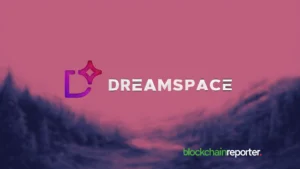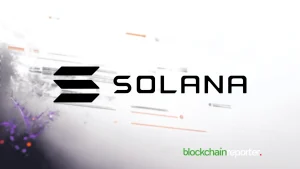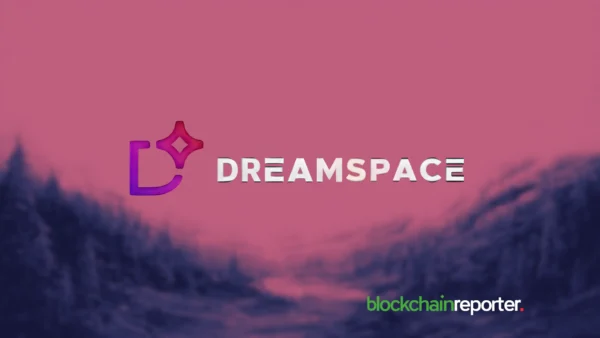
Polyhedra Network has recently announced its selection by BitGo for the security of cross-chain transfers. As per Polyhedra Network, BitGo has selected the Decentralized Verifiable Network to improve the protection of the cross-chain transactions of WBTC through LayerZero. The platform took to its official X account to provide details about the respective move.
Polyhedra’s Integration with BitGo Targets Securing WBTC Transfers Across Chains
In its new X post, Polyhedra noted that this partnership signifies the zero-knowledge technology’s growing adoption. This reportedly paves the way for interoperability across several blockchain networks. The partnership denotes an important step in evolving protected cross-chain solutions. Apart from this announcement, BitGo shared a blog post on Medium to offer insights into this endeavor.
It pointed out that the platform has collaborated with LayerZero which will work as an interoperability provider. It will reportedly broaden the span of Wrapped Bitcoin (WBTC) further than its present deployments. WBTC operates as the biggest Bitcoin-based ERC-20 coin that is deployed in decentralized finance. It additionally has local integrations on many other chains like Base, Osmosis, Tron, and Ethereum.
WBTC is currently available on BNB Chain and Avalanche. Hence, the messaging protocol of LayerZero will permit WBTC to work as an omnichain native asset across the respective ecosystems. This integration opens several ways for the liquidity and composability of WBTC in DeFi. The above-mentioned native deployment plays a vital role by letting WBTC exist without extra trust assumptions.
Consumers holding WBTC can effortlessly shift it to some other supported chain with no need to unwrap or swap tokens. This maintains the integrity of the token and minimizes cross-chain fragmentation. Thus, to ensure safety, BitGo is going to own the security configuration concerning the WBTC transactions. In the case of the required verifier, each WBTC transaction must go through a verification by the exclusive DVN of BitGo.
The Initiative Increases Security, Configurability, and Control, Leading to Immutability and Censorship Resistance
Nonetheless, in the case of optional verifiers, it utilizes Polyhedra and LayerZero Labs. One of these optional DVNs also needs to verify the respective payload hash to complete the transfer. This endeavor enhances security via diversity along with configurability and control. Along with this, it also leads to immutability and censorship resistance. According to Polyhedra, as projects like BitGo prioritize trust-minimization and security the adoption of zero-knowledge technology to enable asset interoperability is rising.








